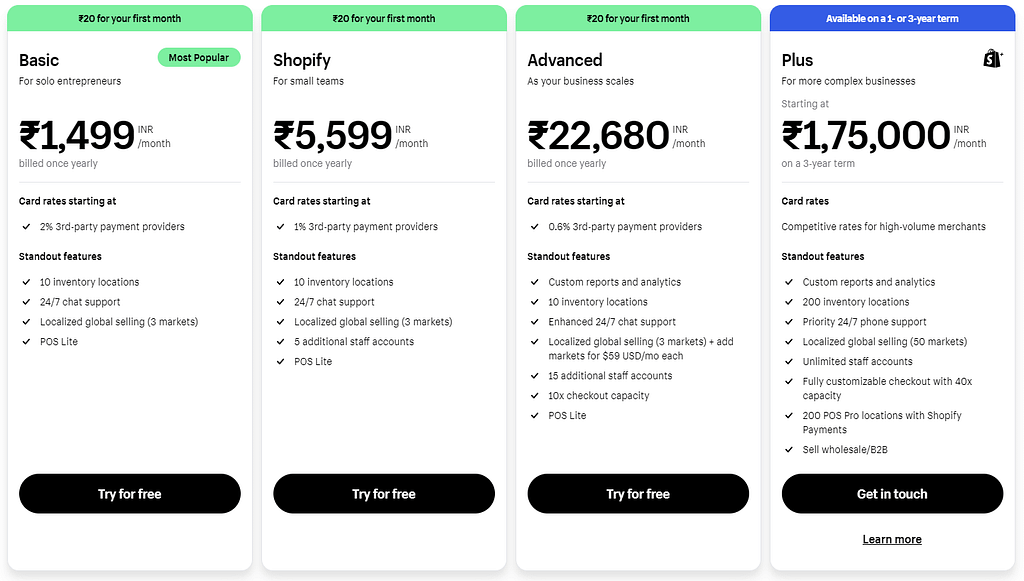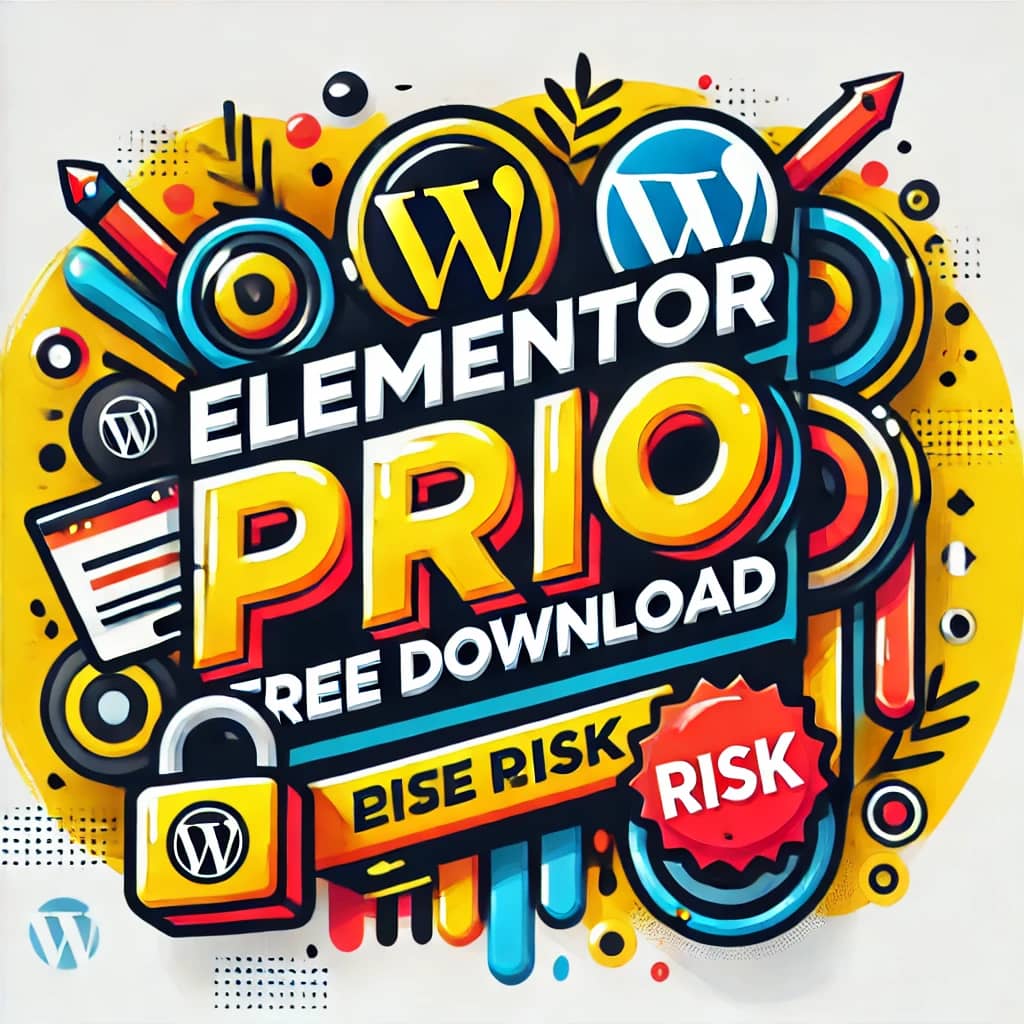Introduction
As digital commerce continues to grow, selecting the right e-commerce platform is essential for small businesses looking to establish a successful online presence. In 2024, several platforms stand out for their ease of use, features, pricing, and customization options. Here’s a look at the top 5 e-commerce platforms suited for small businesses in 2024, with insights on why they’re beneficial and which one may fit your needs best.

Table of Contents
1. Shopify
Overview:
Shopify is one of the most popular e-commerce platforms, providing an easy-to-use interface for setting up and managing online stores. Known for its scalability, Shopify serves businesses of all sizes but is especially friendly for small businesses due to its intuitive setup.
Pros:
- User-Friendly: Simplified dashboard ideal for beginners.
- App Integration: Huge marketplace with plugins for nearly any feature.
- Mobile Responsive: Automatically optimized for mobile users.
- 24/7 Support: Excellent customer service for troubleshooting.
Cons:
- Monthly Fees: Starts at around $29, making it relatively expensive.
- Transaction Fees: Additional fees for non-Shopify Payment gateways.
- Limited Customization: Basic plans have limited design and feature customization.

Benefits for Small Businesses
Shopify provides an all-in-one solution that doesn’t require advanced technical knowledge. Its secure payment options and mobile-friendly designs help small businesses create a professional online presence quickly.
Why Choose Shopify?
Shopify’s intuitive setup, excellent support, and wide range of plugins make it an excellent choice for small business owners who want to start selling quickly without technical hassle.
2. WooCommerce
Overview:
WooCommerce is a free WordPress plugin that turns a WordPress site into a fully functional e-commerce store. It’s a popular choice for small businesses that already have or want a WordPress site and value customization.
Pros:
- Cost-Effective: Free plugin with no monthly fees.
- Highly Customizable: Full access to WordPress’s extensive customization tools.
- SEO Friendly: Built-in WordPress SEO optimization.
- Control Over Hosting: Allows choice of hosting provider for scalability.
Cons:
- Learning Curve: Can be complex for users unfamiliar with WordPress.
- Extra Costs: Add-ons, themes, and plugins may add up.
- Technical Management: Requires manual updates and security management.

Benefits for Small Businesses
WooCommerce is ideal for businesses on a budget looking for flexibility and customization. Its open-source nature allows for tailored store functionality and features through plugins.
Why Choose WooCommerce?
WooCommerce is best for businesses comfortable with WordPress or those seeking a customizable, cost-effective platform with room to grow.
3. BigCommerce
Overview:
BigCommerce is a feature-rich e-commerce platform that caters to both small and medium-sized businesses. Known for its built-in marketing and SEO tools, BigCommerce provides advanced options for growing an online store.
Pros:
- Built-in SEO and Marketing Tools: Helps optimize search engine rankings.
- No Transaction Fees: Keeps costs low, even with third-party payments.
- Multi-Channel Selling: Integrates with Amazon, Facebook, and other channels.
- Scalable: Room to grow with the business without migrating.
Cons:
- Complex Interface: Not as user-friendly as other platforms.
- Higher Starting Cost: Plans start at $39 per month.
- Limited Themes: Fewer free themes and limited design customization.

Benefits for Small Businesses
BigCommerce’s focus on SEO, multi-channel selling, and scalability makes it a powerful tool for small businesses aiming for growth. The built-in marketing features reduce the need for third-party plugins.
Why Choose BigCommerce?
If your business strategy includes aggressive online growth and scaling, BigCommerce provides tools to help your store gain traction and expand seamlessly.
4. Wix eCommerce
Overview:
Wix eCommerce is known for its ease of use, which appeals to small businesses and beginners. With an intuitive drag-and-drop editor, Wix makes it simple to create attractive online stores without coding.
Pros:
- Beginner-Friendly: No coding skills are required.
- Affordable: Lower cost than many other platforms, starting at around $23.Design Flexibility: Drag-and-drop design allows complete control.
- Fast Setup: Pre-built templates help get stores up quickly.
Cons:
- Limited Customization: Advanced e-commerce features are limited.
- Not as Scalable: Not ideal for businesses planning to grow extensively.
- App Limitations: Fewer app integrations than some competitors.

Benefits for Small Businesses
Wix eCommerce is ideal for small businesses needing a simple online store without the technical demands. Its lower cost and ease of use make it perfect for testing the e-commerce waters.
Why Choose Wix eCommerce?
Wix eCommerce is excellent for small businesses or beginners who need a simple, affordable platform to establish their first online store.
5. Squarespace Commerce
Overview:
Squarespace Commerce is renowned for its visually appealing design and is often chosen by businesses in creative industries. With powerful design tools, it offers a beautiful storefront experience and simple management features.
Pros:
- Visually Appealing Templates: High-quality design options for a professional look.
- Simple Interface: Easy for beginners and minimal learning curve.
- All-In-One Platform: Includes hosting, security, and SEO features.
- 24/7 Support: Access to customer support anytime.
Cons:
- Limited Integrations: Fewer plugins and add-ons compared to others.
- Higher Pricing for Advanced Features: Starts at $27 per month.
- Less Customizable: Limited flexibility compared to open-source options.

Benefits for Small Businesses
Squarespace is great for small businesses that prioritize aesthetics and user experience. It’s especially popular among artists, designers, and content creators due to its beautiful design templates.
Why Choose Squarespace Commerce?
If you’re in a creative field and want a platform that combines visual appeal with simplicity, Squarespace Commerce is a perfect choice.
Conclusion
By the end of this guide, small business owners will have a clear picture of which platform aligns best with their budget, goals, and technical comfort level. The choice ultimately depends on balancing cost, design flexibility, and features that match each unique business strategy.
FAQs
1. Which e-commerce platform is the most cost-effective for small businesses?
WooCommerce is generally the most cost-effective due to its free nature and flexibility in hosting costs, making it suitable for budget-conscious businesses.
2. Is Shopify good for scaling a small business?
Yes, Shopify provides excellent scalability and robust support, making it ideal for small businesses planning to expand in the future.
3. Can I switch e-commerce platforms later?
Switching is possible but may require migrating data, which can be complex. Consider your growth plan and feature needs when choosing a platform.
4. Which platform is best for beginners?
Wix eCommerce is especially user-friendly, providing easy setup and simple management, making it a top choice for beginners.
5. Do I need coding knowledge to use these platforms?
Most of these platforms, especially Shopify, Wix, and Squarespace, don’t require coding knowledge. WooCommerce may require some WordPress familiarity, but plugins simplify many tasks.
If you want to Know Full How to start E-commerce with Shopify Then Click Here

